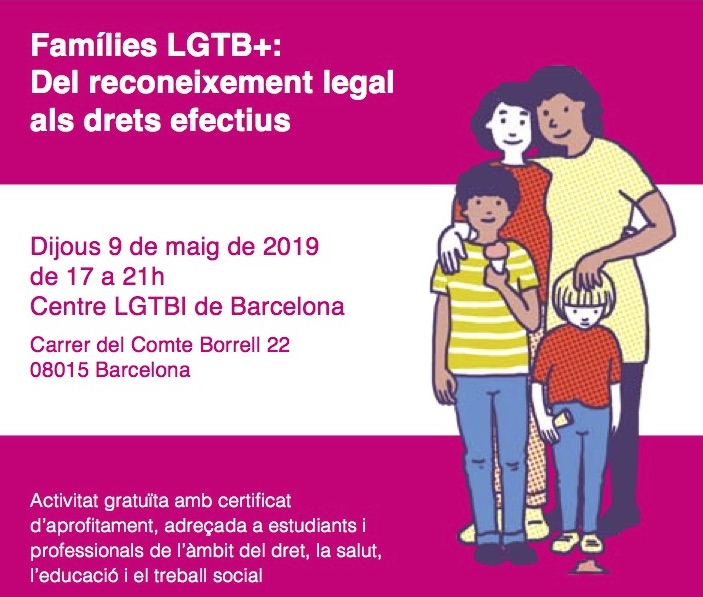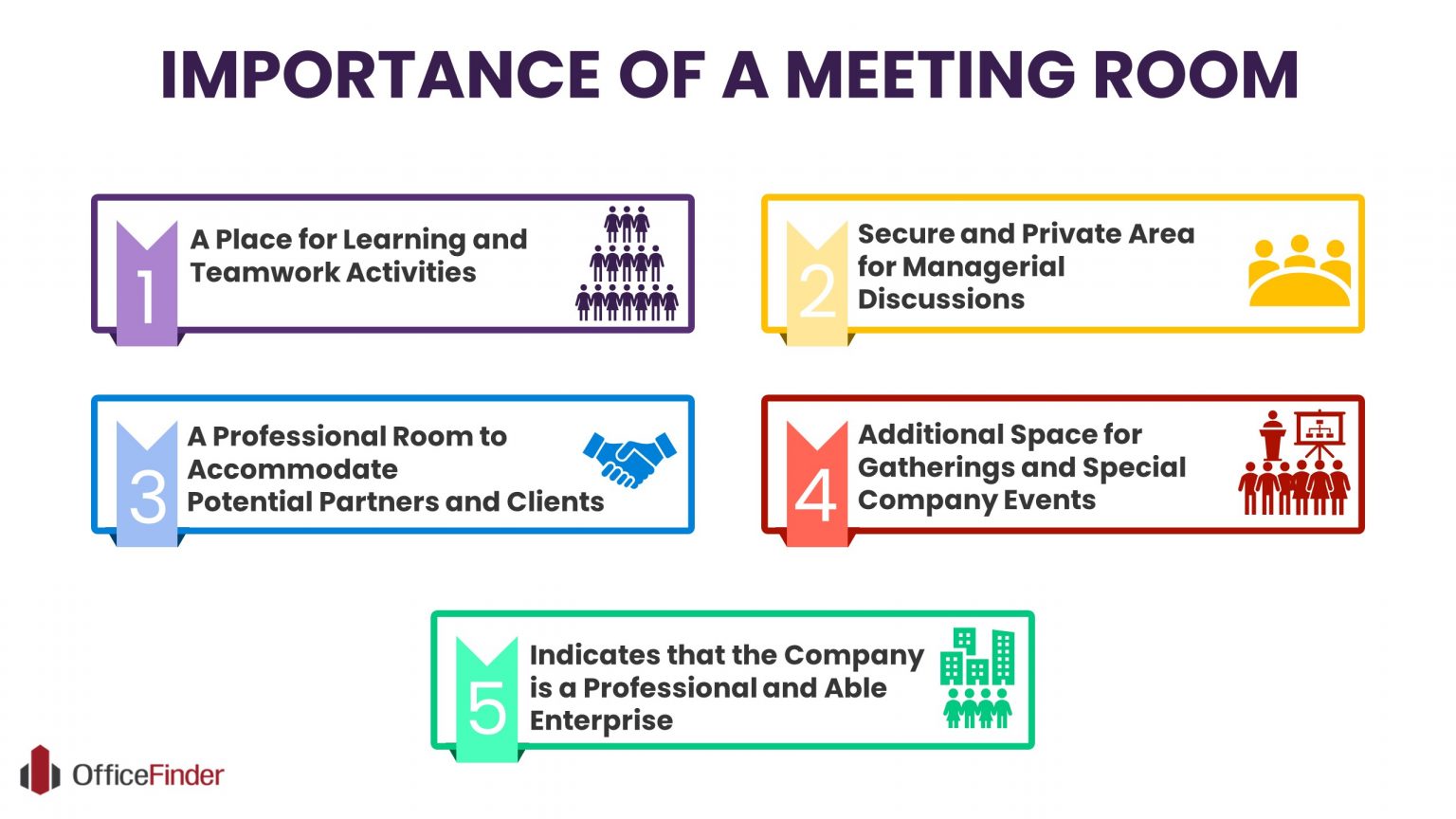LGBT+ Rights: A Look At The Key Legal Players And Their Impact

Table of Contents
The Role of Courts in Advancing LGBT+ Rights
Courts have played a pivotal role in advancing LGBT+ rights, often acting as the vanguard in challenging discriminatory laws and practices. Landmark cases have established legal precedents that have significantly expanded LGBT+ rights, paving the way for broader societal acceptance and legal protections. Judicial decisions, while not always swift or encompassing, have consistently pushed the boundaries of legal interpretation to better reflect evolving social norms and understandings of human dignity.
-
Supreme Court rulings on marriage equality: The landmark Obergefell v. Hodges (2015) decision by the US Supreme Court legalized same-sex marriage nationwide, representing a monumental victory for LGBT+ rights in the United States. This ruling had a ripple effect, influencing legal battles and public discourse around the world. Similar landmark cases in other countries have achieved comparable success.
-
Court challenges to anti-discrimination laws: Many countries lack explicit legal protections against discrimination based on sexual orientation and gender identity. Courts have been instrumental in interpreting existing anti-discrimination laws to include LGBT+ individuals, or in compelling legislative bodies to enact more inclusive legislation. These challenges often involve intricate legal arguments, pushing the boundaries of statutory interpretation.
-
International human rights court cases involving LGBT+ rights: International human rights courts, such as the European Court of Human Rights, have played a crucial role in advancing LGBT+ rights on a global scale. Cases brought before these courts have helped to establish international legal norms and standards related to LGBT+ equality, influencing national legal frameworks.
-
The impact of judicial review on LGBT+ legislation: Judicial review, the power of courts to review and strike down laws deemed unconstitutional or incompatible with international human rights standards, has been crucial in protecting LGBT+ rights. This mechanism provides a vital check on potentially discriminatory legislation.
-
Examples of judicial activism in promoting LGBT+ rights: In some instances, courts have been accused of judicial activism, proactively interpreting laws to promote LGBT+ rights even in the absence of explicit legal provisions. This proactive approach, while sometimes controversial, has proven effective in pushing the boundaries of legal protection for LGBT+ individuals.
The Influence of Legislative Bodies on LGBT+ Equality
Legislative bodies, at both national and international levels, are responsible for enacting laws that protect or infringe upon LGBT+ rights. Their actions directly impact the lives and well-being of LGBT+ individuals, shaping their access to healthcare, employment, housing, and other essential aspects of life. The political landscape and prevailing social attitudes significantly influence the legislative process.
-
Analysis of laws prohibiting same-sex marriage vs. laws legalizing it: The legalization of same-sex marriage has been a major focus of legislative efforts worldwide. Comparing and contrasting the arguments used in legislative debates surrounding this issue illuminates the evolving understanding of LGBT+ rights.
-
Examples of anti-discrimination legislation protecting LGBT+ individuals: Many jurisdictions have enacted anti-discrimination laws that explicitly include sexual orientation and gender identity as protected characteristics. Analyzing these laws reveals different approaches and levels of protection afforded to LGBT+ individuals.
-
The impact of political lobbying and advocacy groups on legislation: LGBT+ advocacy groups play a vital role in lobbying legislators, educating the public, and shaping public opinion to promote the passage of LGBT+ inclusive legislation. Their influence can be significant, particularly in mobilizing public support.
-
International treaties and conventions addressing LGBT+ rights: Several international human rights treaties and conventions indirectly or directly address LGBT+ rights, providing a framework for international cooperation and the promotion of LGBT+ equality.
-
The role of parliamentary debates and public opinion in shaping LGBT+ legislation: Public opinion and the nature of parliamentary debates significantly impact legislative outcomes. Understanding the interplay of these factors is essential for analyzing the success or failure of LGBT+ related legislation.
The Impact of LGBT+ Advocacy Organizations
Non-governmental organizations (NGOs) and advocacy groups play a crucial role in advancing LGBT+ rights. These organizations raise awareness, lobby for legislative change, provide legal support, and offer vital community resources to LGBT+ individuals. Their multifaceted approach is essential to the ongoing struggle for LGBT+ equality.
-
Examples of influential LGBT+ advocacy organizations: Organizations like GLAAD (Gay & Lesbian Alliance Against Defamation), the Human Rights Campaign (HRC), and Amnesty International have been instrumental in advocating for LGBT+ rights globally. Their strategies and approaches vary, but their collective impact is considerable.
-
Their strategies for legal advocacy and litigation: Many organizations engage in direct legal advocacy, including filing lawsuits, providing legal representation, and submitting amicus briefs in court cases. This direct involvement ensures that the legal system accurately reflects the needs of the LGBT+ community.
-
Their role in public education and awareness campaigns: Raising public awareness is a critical component of the fight for LGBT+ rights. Organizations conduct educational campaigns, challenge stereotypes, and promote understanding and acceptance of LGBT+ individuals.
-
International collaborations between LGBT+ organizations: International collaborations enable organizations to share best practices, coordinate campaigns, and exert greater influence on global policy. This collaborative approach is crucial in addressing the universal nature of LGBT+ rights.
-
The effectiveness of grassroots activism in influencing policy: Grassroots activism, including protests, demonstrations, and community organizing, plays a crucial role in mobilizing public support and putting pressure on policymakers. This bottom-up approach often complements top-down legal and legislative efforts.
Conclusion
The fight for LGBT+ rights is a dynamic and ongoing process, shaped by the complex interplay between courts, legislative bodies, and dedicated advocacy organizations. Understanding the contributions—and limitations—of each player is critical to advancing LGBT+ equality. From landmark court cases to crucial legislative victories, progress has been made, yet significant challenges remain. Continued advocacy and legal action are essential to ensuring full protection and equality for LGBT+ individuals worldwide. Let's continue to champion LGBT+ rights and push for comprehensive legal protections for all members of the LGBTQ+ community. Learn more about the ongoing struggle for LGBT+ rights and how you can get involved in supporting organizations fighting for equality and justice.

Featured Posts
-
 20 000 Demonstrate For Trans Rights Key Issues And Impact
Apr 29, 2025
20 000 Demonstrate For Trans Rights Key Issues And Impact
Apr 29, 2025 -
 Update British Paralympian Missing In Las Vegas For Over A Week
Apr 29, 2025
Update British Paralympian Missing In Las Vegas For Over A Week
Apr 29, 2025 -
 Convicted Cardinal Challenges Conclave Voting Eligibility Rules
Apr 29, 2025
Convicted Cardinal Challenges Conclave Voting Eligibility Rules
Apr 29, 2025 -
 New Music From Willie Nelson The Oh What A Beautiful World Album
Apr 29, 2025
New Music From Willie Nelson The Oh What A Beautiful World Album
Apr 29, 2025 -
 Nyt Spelling Bee February 12 2025 Answers Clues And Pangram
Apr 29, 2025
Nyt Spelling Bee February 12 2025 Answers Clues And Pangram
Apr 29, 2025
Latest Posts
-
 Yate House Fire Live Updates On Major Explosion And Blaze
Apr 30, 2025
Yate House Fire Live Updates On Major Explosion And Blaze
Apr 30, 2025 -
 Choosing The Best Slides For Summer 2025 A Practical Guide
Apr 30, 2025
Choosing The Best Slides For Summer 2025 A Practical Guide
Apr 30, 2025 -
 Defense Antiaerienne Ukrainienne Le Soutien Americain Se Precise Avec Des Solutions Europeennes
Apr 30, 2025
Defense Antiaerienne Ukrainienne Le Soutien Americain Se Precise Avec Des Solutions Europeennes
Apr 30, 2025 -
 Summer 2025 Slide Selection Key Features And Considerations
Apr 30, 2025
Summer 2025 Slide Selection Key Features And Considerations
Apr 30, 2025 -
 Ukraine Les Etats Unis Facilitent L Acces A Des Systemes De Defense Antiaerienne Europeens
Apr 30, 2025
Ukraine Les Etats Unis Facilitent L Acces A Des Systemes De Defense Antiaerienne Europeens
Apr 30, 2025
